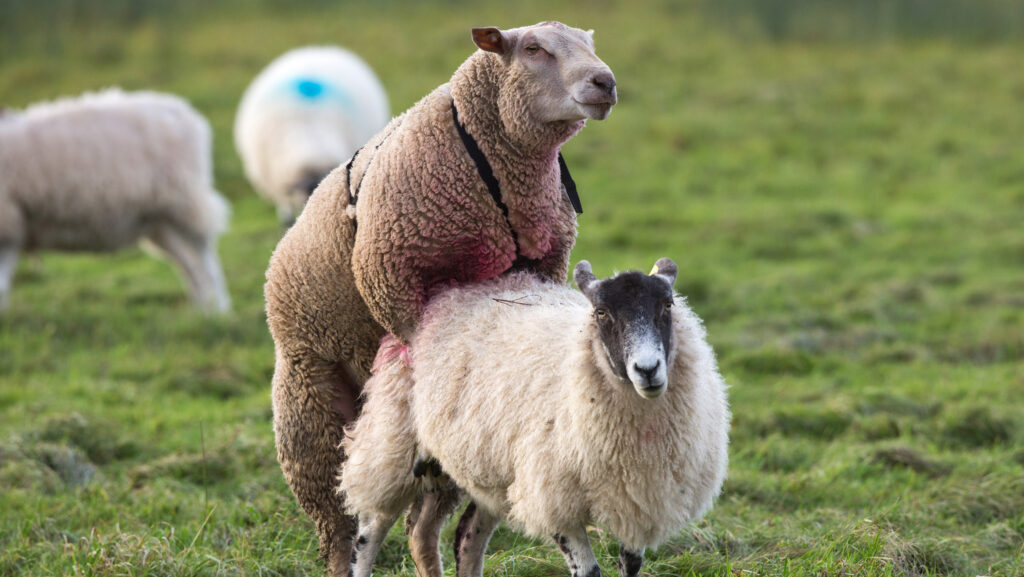Bluetongue restrictions hit livestock breeders’ finances
 © Tim Scrivener
© Tim Scrivener Livestock farmers who specialise in selling breeding animals are suffering financial hardship due to ongoing bluetongue restrictions.
Late summer and autumn is typically a time when sheep farmers look to buy and sell breeding replacements, both female and males.
However, restrictions imposed by Defra and the Animal and Plant Health Agency (Apha) due to the ongoing BTV-3 outbreak are causing both buyers and sellers of breeding sheep and cattle a headache.
See also: Bluetongue BTV-3 vaccine licence available across England
East Sussex-based sheep farmer Frank Langrish said: “Apha restrictions are causing uncomplicated losses to people in the RZ [Restricted Zone].
“The number of clinical cases against surveillance tests appear to be zero.”
Phil Stocker, chief executive of the National Sheep Association (NSA), said farmers who are selling breeding rams are among those who are the most seriously affected by the rules.
He explained: “Any animals within the RZ that are being sold or moved to the live (not for slaughter) need to be blood-tested pre-movement and post-movement on the receiving farm.
“Although those direct costs are being covered by Apha, the normal route of selling rams to other farmers is out of reach because livestock markets still cannot operate and sell breeding stock.
“There is unsurprisingly some opposition from farmers outside the zone to be caught up in these extra post-movement controls.”
Although this affected ram breeders most, there are also farmers who specialise in selling female breeding stock who are caught up in the same situation, he added.
Meanwhile, farmers who may be selling breeding animals into Wales and Scotland are in an even worse scenario, as neither of these devolved nations will accept any sheep or cattle directly from the RZ.
With a drop-off in confirmed cases of BTV-3 virus in sheep and cattle in the last 7-10 days, and the start of a lower vector period from biting midges, Mr Stocker believes now is the right time give consideration to easing some of these controls.
Exit strategy talks
The NSA and other stakeholders are planning to hold talks very soon with Apha and Defra over proportionate controls and whether there should either be a temporary or more permanent exit strategy from the current bluetongue controls.
Defra have made progress working with the Livestock Auctioneers Association on licensing procedures for green markets outside of the RZ to be able to take breeding animals from within the RZ.
But the industry, including the auctioneers involved, is still uncertain over how these will work in practice.
